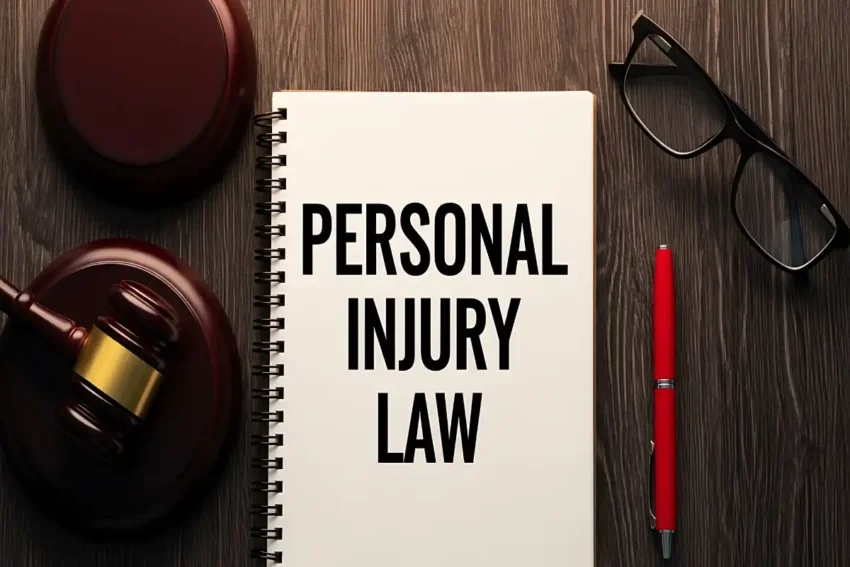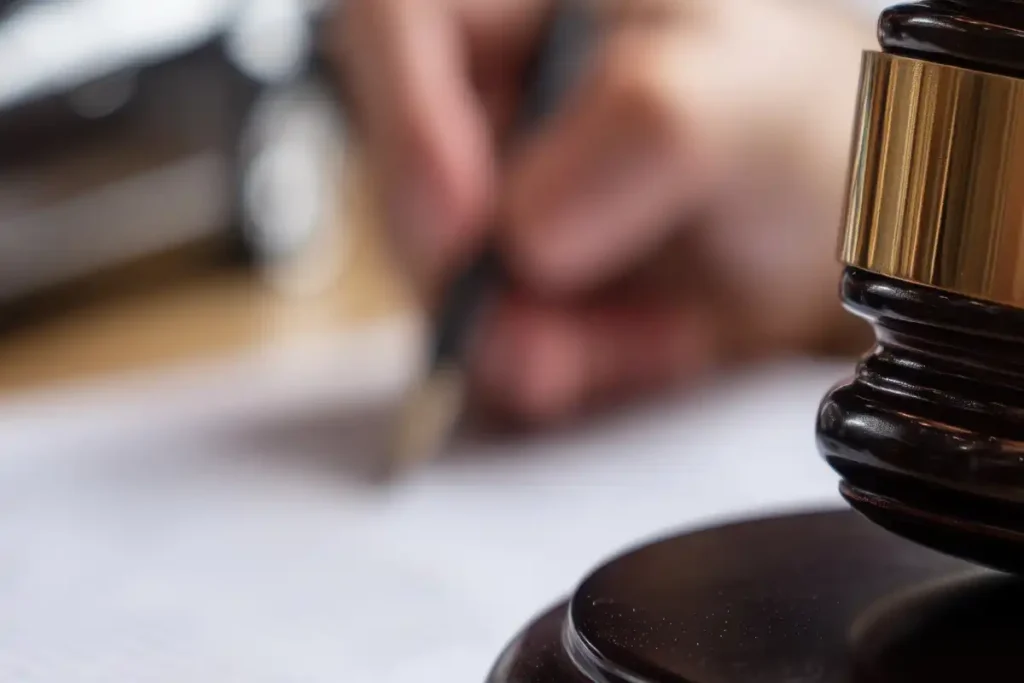Personal Injury Settlement Basics: A Guide for Self-employed Creatives

For self-employed creatives, an injury can pause projects, interrupt income streams, and jeopardize client relationships built over time. The absence of paid leave or employer-backed insurance makes the financial strain even more immediate.
Beyond the physical recovery, there’s the challenge of maintaining your professional reputation and keeping your creative pursuits alive while managing unexpected expenses. A personal injury settlement can serve as a crucial lifeline, offering the financial stability needed to cover costs and sustain your business until you’re ready to work again.
Read on to understand the essentials of personal injury settlements and how they can help protect your income and creative career.
Contents
Working with Legal and Financial Professionals
Professional guidance helps ensure your personal injury settlements reflect the true impact of your accident. Many self-employed creatives underestimate how much documentation and negotiation go into securing fair compensation.
The following are three key types of professionals who can strengthen your injury case and protect your financial interests:
Personal injury attorney
A skilled lawyer manages every stage of your claim, from gathering medical records and witness statements to negotiating with insurance companies. Choosing a law firm that handles personal injury cases ensures your unique situation as a freelancer is understood and represented effectively.
Financial advisor or accountant
These professionals help you maintain financial stability during your recovery. They analyze your income patterns, prepare records to justify your losses, and guide you on the potential tax effects of your settlement amount or lump-sum payout. Their support helps you plan for ongoing medical care, physical therapy, or other future treatment needs while keeping your business sustainable.
Legal and insurance consultants
For freelancers with irregular income, consultants can clarify how your insurance coverage applies to medical bills, property damage, or other costs tied to your personal injury. They also review your contracts and liability insurance policy to prevent potential disputes and ensure all recoverable losses are claimed.
Working closely with trusted legal and financial experts gives you the structure and insight needed to handle your personal injury claims efficiently. Collaborating with an experienced personal injury lawyer in Tuscaloosa or in your area can further strengthen your case and help ensure your compensation truly reflects your losses. Their guidance can give you peace of mind as you focus on recovery and getting your creative work back on track.
Understanding Personal Injury Settlements
A personal injury settlement provides financial recovery for losses caused by another party’s negligence. For freelancers and independent professionals, understanding how these agreements work is essential to protecting both personal and business interests.
The following are the aspects that help you understand what a settlement covers and how it affects your compensation:
Compensation components
A settlement may include reimbursement for medical expenses, therapy or rehabilitation costs, lost income, and non-economic damages such as pain and emotional distress. These components aim to restore your financial stability after the injury and cover the immediate and long-term effects on your livelihood.
Settlement process
Most settlements are reached through negotiation between your lawyer and the insurance company. This process allows for greater control over the outcome and can lead to faster resolution without the uncertainty of a court trial. Reviewing every offer carefully helps ensure the final amount reflects the true value of your claim.
Tax implications
Certain parts of a personal injury settlement, such as compensation for physical injuries, are generally tax-exempt. However, other portions, including lost income or interest, may be taxable. Consulting both a lawyer and a tax professional ensures you understand what portion of your compensation must be reported.
Understanding these elements helps you make informed decisions and work effectively with your legal and financial team to secure fair compensation for your situation.

Calculating Lost Income for the Self-employed
Calculating lost income as a self-employed professional requires careful attention to detail and solid documentation. Since freelance earnings often vary, showing consistent income patterns is crucial to building a credible claim. Gathering invoices, bank statements, and tax filings helps create a clear financial picture that supports your claim and builds financial confidence.
In addition, estimating future income losses is equally important. An injury can reduce your capacity to accept projects, meet deadlines, or take on new opportunities. Working with a financial expert allows you to project how this reduced productivity affects long-term earnings and overall business stability.
Furthermore, unexpected project cancellations or missed opportunities can significantly impact your financial recovery. Keeping records of postponed contracts or declined offers directly linked to your injury can help quantify these losses.
Protecting Your Business and Creative Projects During Recovery
Protecting your creative business during recovery requires balance between rest and maintaining essential operations. Start by keeping open communication with your clients. Let them know about your condition, set clear expectations for deliverables, and offer realistic timelines to prevent misunderstandings or lost opportunities.
As your recovery progresses, consider temporary support to manage ongoing commitments. Hiring trusted freelancers, assistants, or collaborators can keep projects moving and preserve your professional reliability. This approach helps you maintain client relationships and ensures that your creative output continues without major disruptions.
Additionally, reassess your workload and business priorities. Focus on high-value projects that align with your energy and capacity while deferring nonurgent tasks until you regain full strength. This practical adjustment supports a smoother recovery and helps safeguard your professional reputation during a challenging period.
Final Thoughts
Recovering from an injury as a self-employed creative calls for careful financial planning and professional guidance. Understanding how settlements work and ensuring your compensation reflects both personal and business losses can make a lasting difference in your recovery. With the right legal and financial support, you can rebuild stability, maintain client trust, and return to your craft with confidence.



